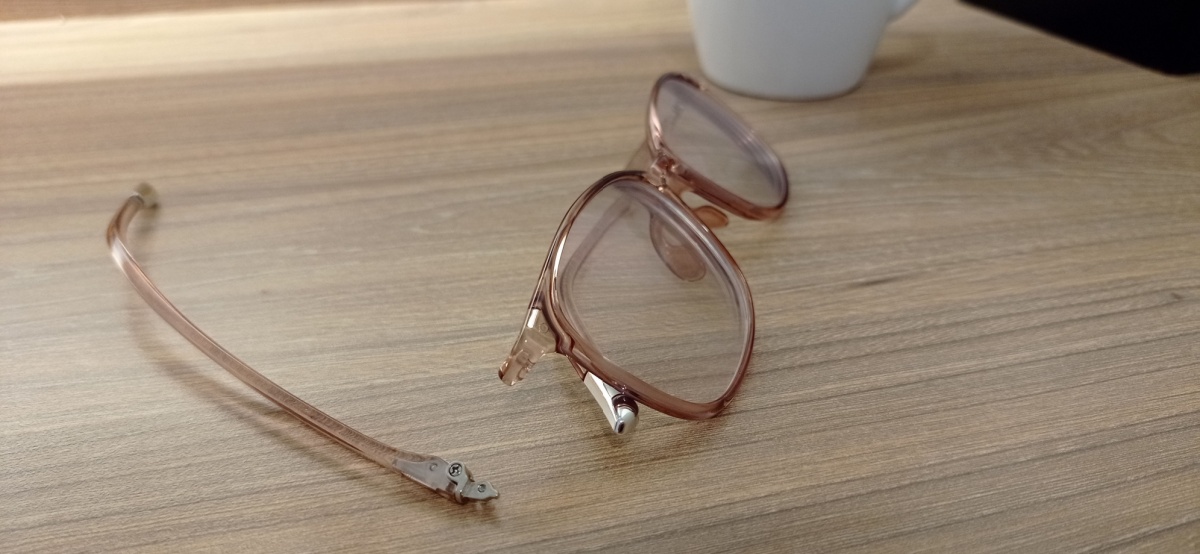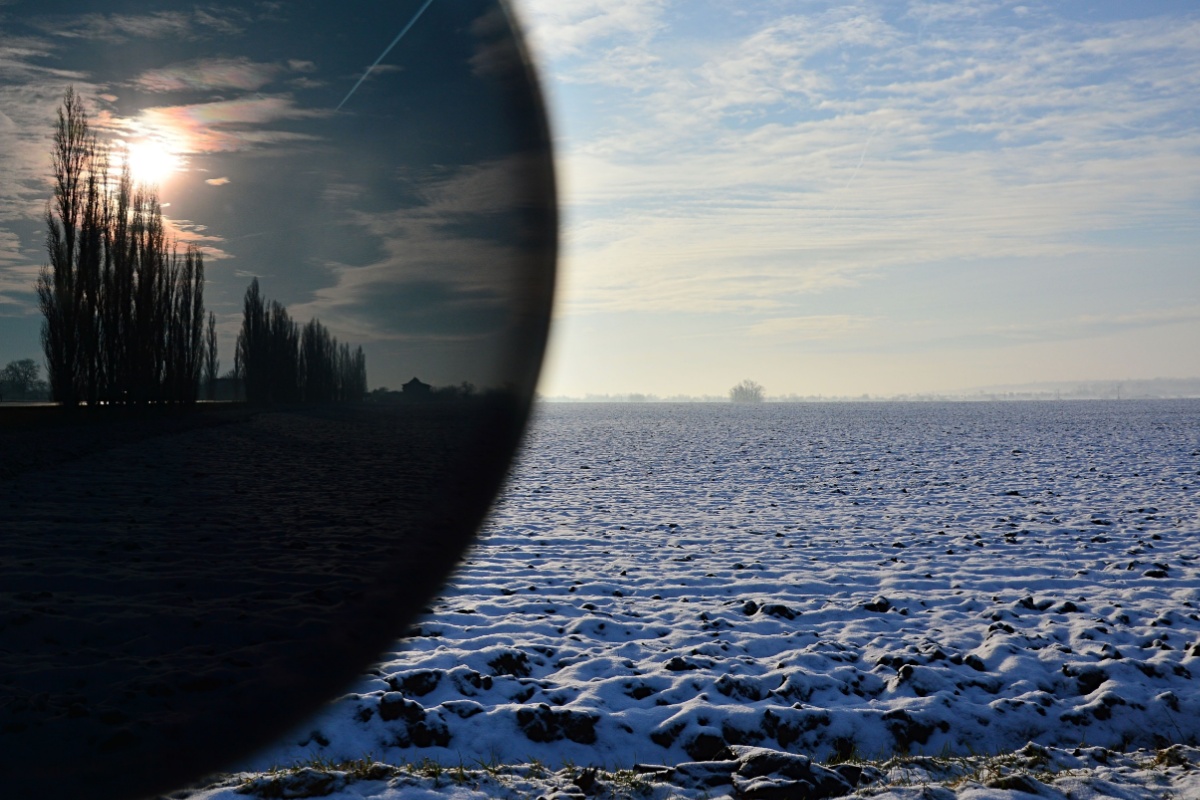Do not Let the Pandemic Interfere with Your Eye Health
Millions of Americans are delaying visits to the doctor because of the COVID-19 pandemic according to a recent report from the medical sector. In fact, 41 percent have admitted to not only canceling routine appointments but avoiding receiving emergency care just since the virus began its worldwide spread a few months ago. Experts are saying that’s not an advisable approach especially when it comes to eye exams.
Failing to receive much-needed eye care can lead to a wide range of problems. In most cases, the consequences of delaying ophthalmology appointments can be more severe than the risks associated with the coronavirus. This is especially true for those who have vision problems or serious eye conditions. It’s important to follow through with those appointments even in the face of the pandemic for many reasons.
Staying on Top of Vision Changes
Most patients are advised to schedule routine eye exams once each year though some may need more frequent check-ups. These visits allow patients and their ophthalmologists to keep up with changes in their vision and make corrections to their eyewear prescriptions. It’s important to follow through with those check-ups even if you haven’t noticed any changes in your eyesight.
Once your vision begins to decline, it’s likely to get worse over time. For some, this ongoing deterioration is minimal; for others, it’s painfully obvious. Since this happens gradually, though, many people don’t realize just how much their vision changes from one check-up to the next. Still, the side effects of those changes can harm your eyes.
You’ll have to squint and strain your eyes in an attempt to see things more clearly. This can lead to excessive eye strain and cause your vision to decline even further. At the very least, you may begin to experience unexplained headaches. Keeping those appointments ensures your eyewear prescriptions are up to date, and you won’t risk damaging your eyes with glasses or contacts that are no longer as effective as they should be.
Preventing Avoidable Eye Damage from Outdated Contact Lenses
If you wear contact lenses, you’re well aware of all the advantages they have to offer. Clearer eyesight, unobstructed peripheral vision, and avoiding the fogging people often experience with glasses are only a few of them. Of course, your contact lens prescription only lasts for a year. Once it expires, you can’t order new ones until you have the prescription renewed.
Countless people stretch their contact lenses well beyond their intended lifespans. This may be harmless if you only do so for a short time, but it can cause serious issues over the long term. Old contact lenses that are covered with debris and build-up cause pitting on the surface of your eyes, severe redness, chronic dryness, and many other issues. They also deprive your eyes of the oxygen they need to stay healthy.
Preventing Vision Loss Due to Degenerative Conditions
Millions of people are living with a range of potentially dangerous conditions that can lead to blindness and other issues. Most aren’t aware that their eye health is declining because it causes few symptoms if any. In some cases, people notice certain side effects of those conditions, but they simply dismiss them.
Diabetic Eye Disease
Diabetic eye disease is the leading cause of blindness in America. This condition develops when high blood glucose levels cause damage to the blood vessels in the eyes. Over time, the damage gets worse, ultimately damaging the retina as well as other parts of the eyes.
Glaucoma
Glaucoma is the second most common cause of blindness in the United States. It’s characterized by excessive pressure in the eyes and gradually damages the nerve that connects the eyes to the brain. You can’t feel this pressure, and the condition doesn’t cause any symptoms early on. Ophthalmologists can detect it early with a simple pressure test, though.
Macular Degeneration
Macular degeneration is another common condition that results in blindness. As is the case with other serious eye problems, macular degeneration doesn’t come with any noticeable symptoms in the beginning. Those who suffer from this condition may notice blurred vision that gradually worsens, but they generally think it’s nothing more than the typical vision loss that often comes with age.
Once these conditions progress to the point where they affect your vision, it’s often too late to prevent eventual blindness. With regular eye care visits, though, your doctor can catch them early and begin a treatment program that will at least slow their progress. If you’ve been diagnosed with one of these conditions or are at high risk of developing them, keeping those appointments is particularly crucial.
Treating Injuries and Infections
If you notice any type of unusual redness or irritation in your eyes, don’t hesitate to make an appointment with your eye doctor as soon as possible. This is also true of eye injuries even if they don’t seem significant at the time. Anytime you experience sudden changes in your vision, like excessive blurriness, dark spots, or halos, see the ophthalmologist right away. Doing so can go a long way toward preventing permanent eye damage or vision loss.
All Things Considered
Numerous people are putting off their routine eye doctor visits and avoiding seeking emergency care because of the coronavirus. In doing so, they could be placing themselves at risk of eye damage or blindness among other issues. Don’t become part of the statistics. Follow through with those check-ups even if you don’t think they’re necessary, and be sure to schedule an appointment immediately if anything seems unusual with your eyes or vision.



